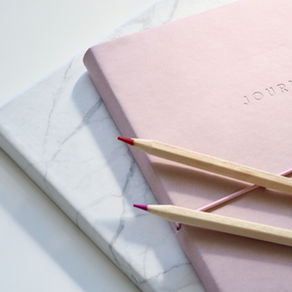The Central Board of Secondary Education, under the Human Resources and Development Ministry, is planning to drop certain chapters from history textbooks in order to rationalise school curriculum and reduce burden on students. However, this seemingly innocuous gesture may be motivated by a larger political agenda.
The chapters being dropped centre around caste conflict and the anti-Muslim Gujarat riots and their absence will inevitably portray the ruling party of India in a more favourable light.
The Gujarat riots have casted their dark shadow over the quasi-egalitarian regime of Prime Minister Modi and removing this topic from high school textbooks allows BJP to continue to promulgate themselves as a perfectly secular central government. Similarly, the existence of casteism in what is advertised as a harmonious society is also a threat to the government, especially considering the context of upcoming elections.
The concept of regulating content in school textbooks and adopting policies of censorship is a classic trope of totalitarian regimes. Stalin, the infamous dictator of the USSR, was notorious for altering the content in history textbooks and erasing the struggle for power that took place after the death of Lenin. Stalin went so far as to airbrush his most potent opposition, Trotsky, from all photographic evidence in school textbooks. By doing so, he brainwashed the youth into believing that he came into power without any opposition and was their only and best option as the leader of the USSR. He created an entire generation of loyal supporters through his constantly escalating propaganda and channeled them into believing that he was a great leader, a God like super-being.
While comparing democratic India with oppressive USSR is extremely far fetched, parallels like these is what makes us realise the extent to which the Indian masses are being fed with propaganda and the deleterious amount of information being withheld from us. Erasing instances from school textbooks that highlight the government’s weaknesses allows them to curtail opposition and manipulate the information that reaches the masses. This level of censorship is especially exploited in times where the State is struggling to remain in power - during election season. With the leadership of Prime Minister Modi is being put to test, one cannot be surprised that the central government has resorted to sugar-coating the BJP’s not so perfect past and erasing vital issues such as those of caste conflicts from the very source of knowledge; by doing so, the ruling party creates an outward projection, a facade, of an omnipotent power that will reign over the Indian masses for many elections to come.





































































































Although I don't necessarily agree that the government is changing curriculum in efforts to get re-elected, I do feel that the issue of bias seeping into education is a prevalent, and dangerous one. I believe that this bias is most tangible in History. I'm an IGCSE student so I'm primarily looking at Western history including the World Wars and the Cold War.
While reading my textbook, it is evident that it is biased towards Britain and America. Parallels are drawn between British and German policies, and actions. Justification is provided for British policy but, the textbook doesn't attempt to justify German actions. I agree that Nazi Germany may have committed atrocities that stretch far beyond words but, I feel that it is a textbook's duty to at least state facts and let the student form his/her own views.
Many students in the grade above me have advised me to take up a Pro-British stance while I'm writing my boards next year because apparently, the examiners tend to award higher marks to such candidates.
One of my teachers maintains an anti-BJP stance, criticising its use of nationalism and highlighting religious issues during its reign. Many of my classmates follow his views blindly, considering them to be the truth.
As students, I think it is our duty to not get sucked in to one view. We should form our own views after understanding numerous perspectives and reading a range of resources, not just the textbook.